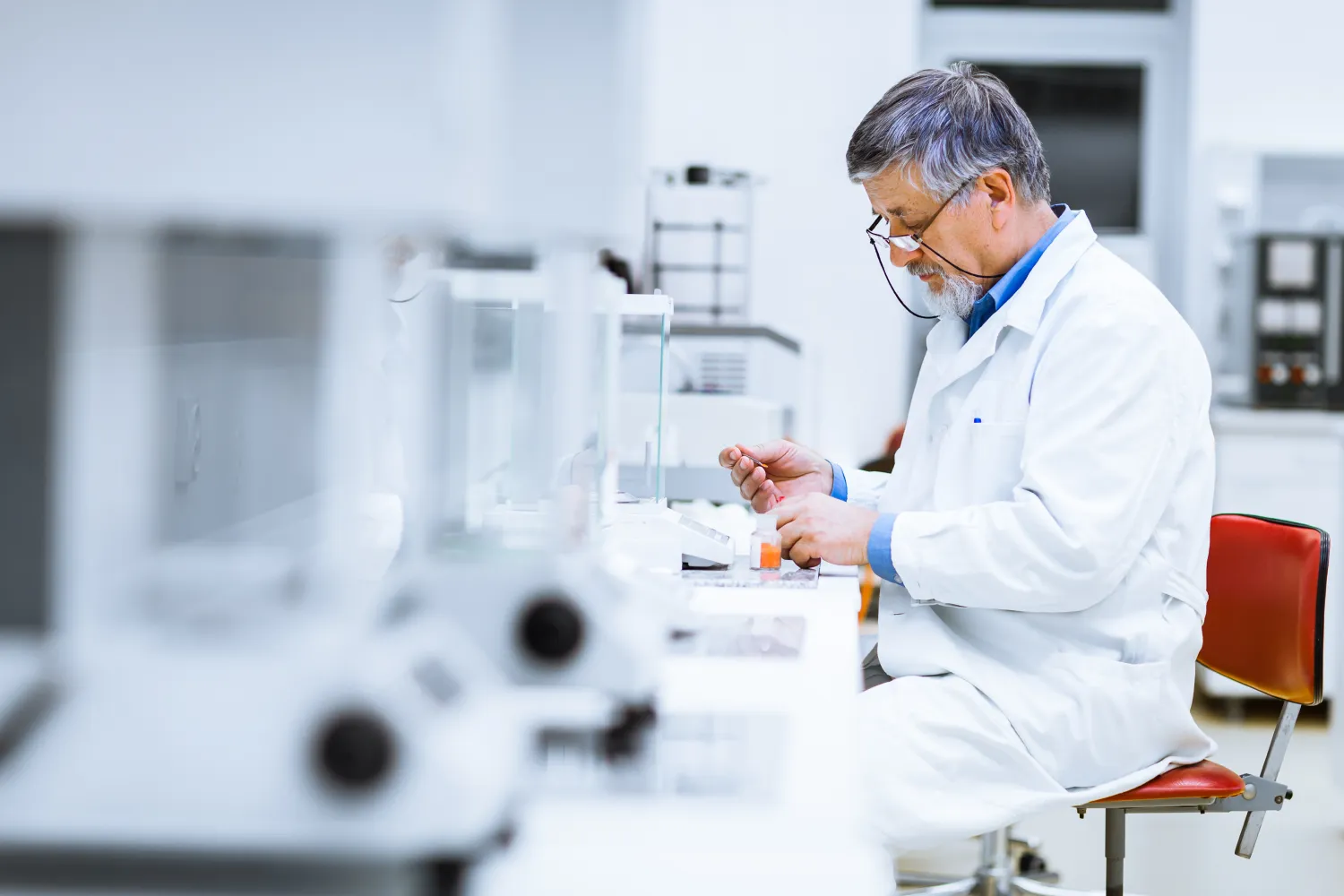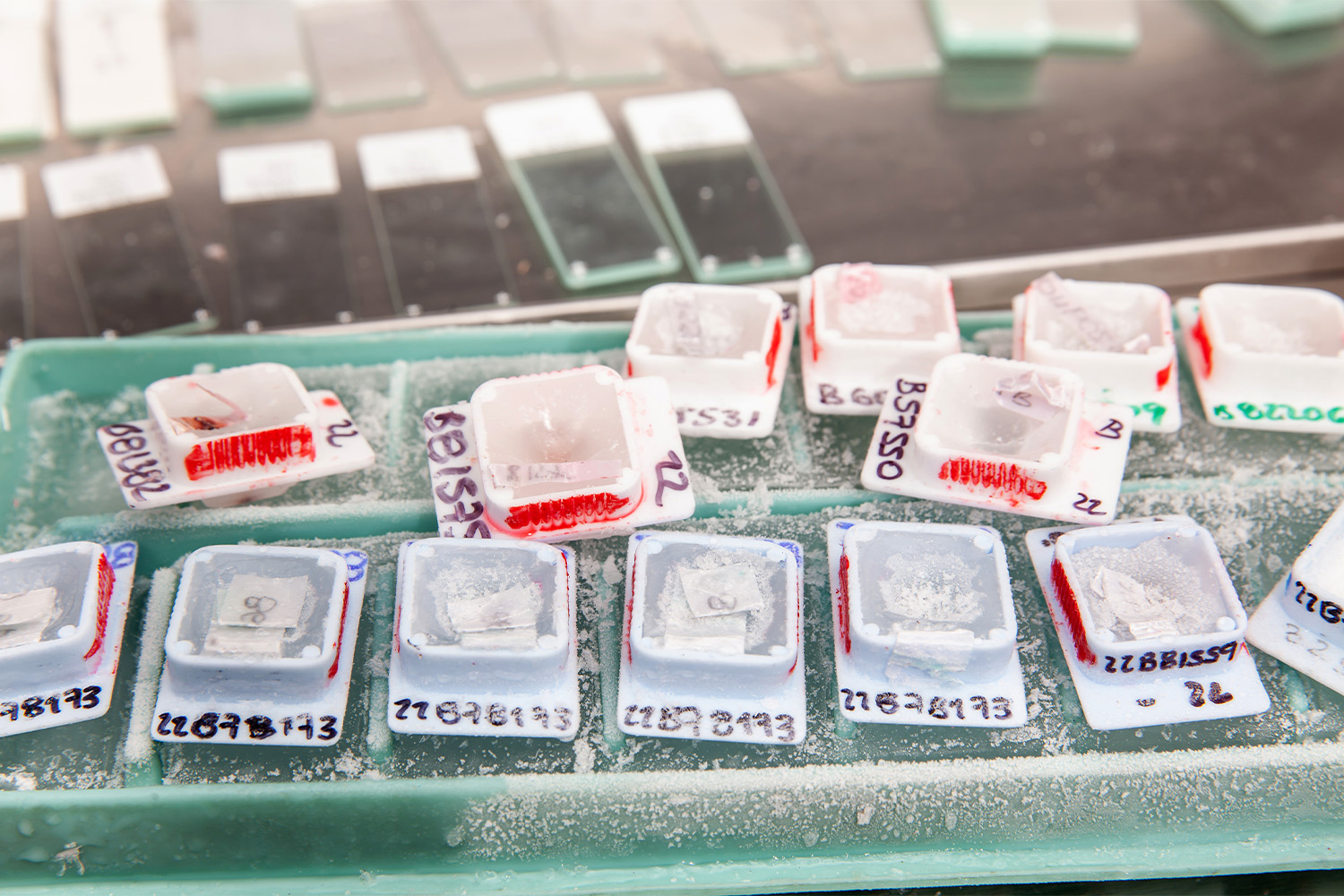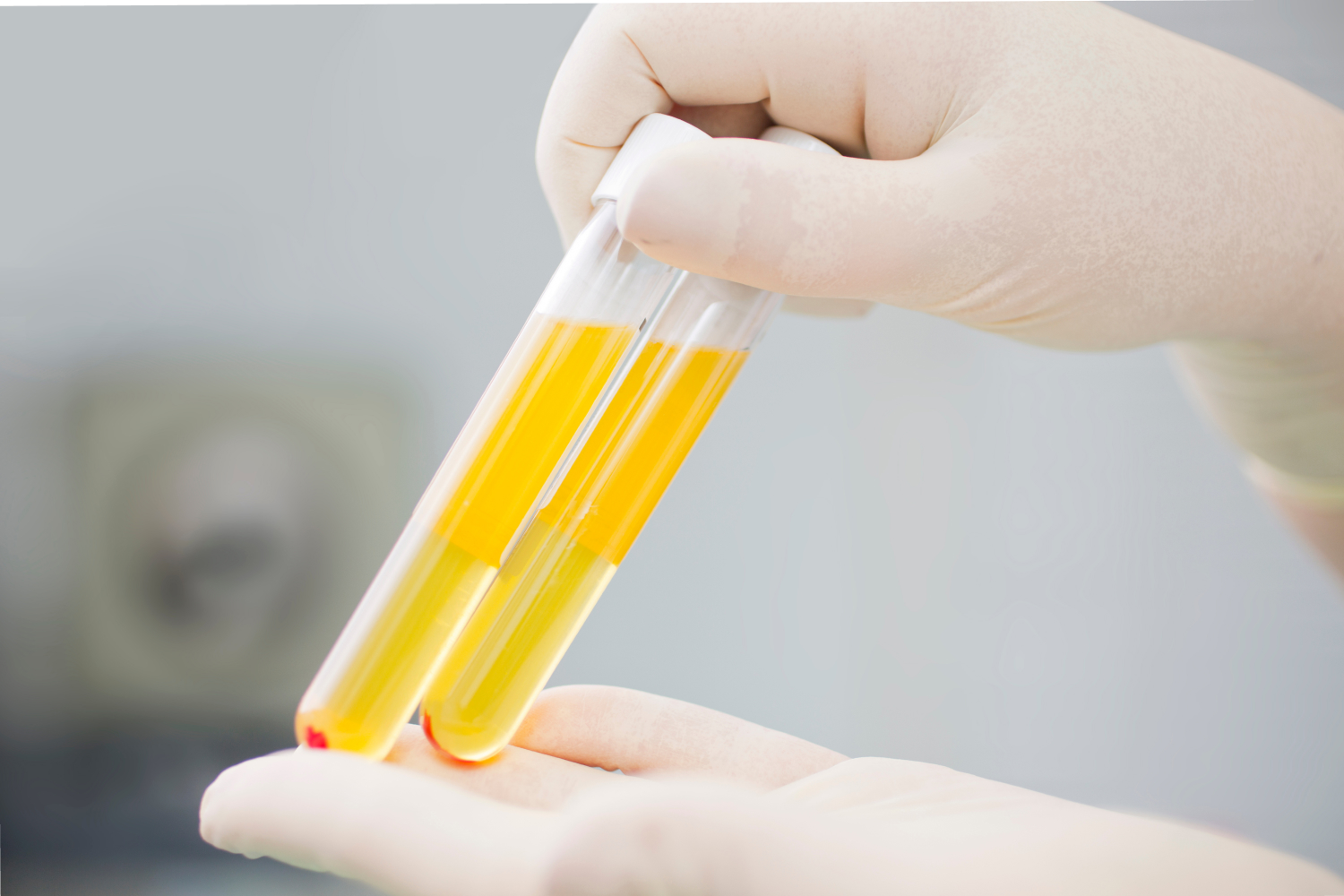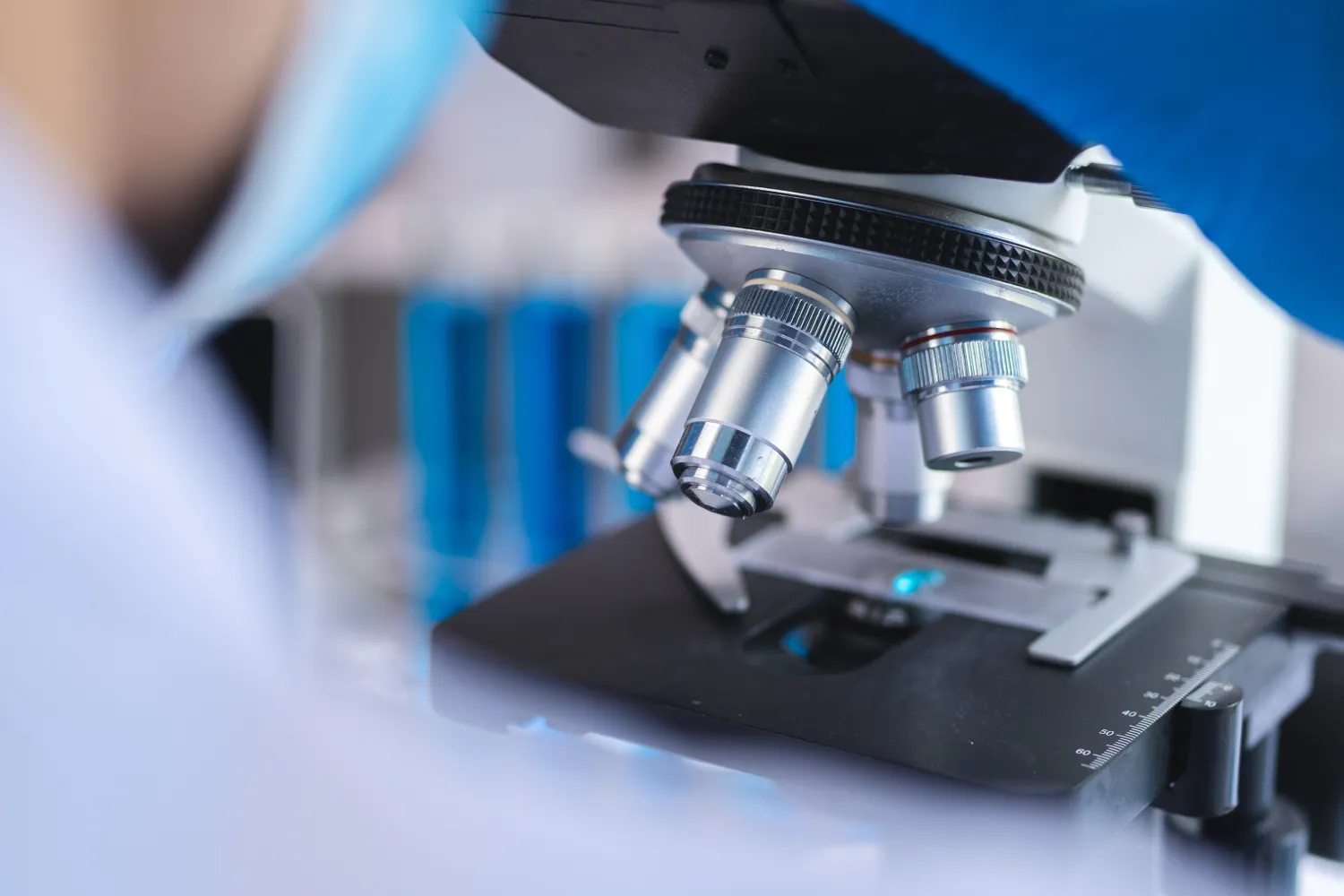Stool samples are often used in clinical research, providing important insight into the health and wellbeing of study participants.
Samples of fecal matter can be used for a variety of conditions, ranging from gastroenterological problems to metabolic diseases. They can also be used to assess the presence of infectious microorganisms, both pathogenic and beneficial, or to measure the composition of beneficial bacterial communities in the gut microbiome.
In addition, stool samples can also be used to assess the safety and efficacy of new drugs, as well as to monitor the health of study participants throughout the course of a research study.
Examples of diagnostic lab tests that can be performed as part of a stool analysis include:
- Stool cultures
- Fecal occult blood tests for colorectal cancer screening
- Fecal immunochemical tests
- Stool DNA tests to detect rectal and colon cancer
- Fecal tests for parasites such as Giardia, as well as ova
- Fecal tests for bacteria such as Salmonella and Shigella
Stool test results can also help healthcare providers to identify issues such as polyps in the colon or rectum, malabsorption, ulcers, and hemorrhoids, as well as diseases of the digestive tract. In some cases, a stool test may be followed by a colonoscopy.
Stool samples are particularly useful when conducting research on gastrointestinal diseases, such as irritable bowel syndrome, Crohn’s disease, ulcerative colitis, and inflammatory bowel disease.
These biospecimens are specific and provide information to disorders of the digestive system that other commonly used specimens such as blood or urine samples cannot.
Collecting an adequate stool sample for research purposes is relatively easy and non-invasive. The feces sample should include both liquid and solid components, which can be collected using a stool collection kit following a routine bowel movement.
The sample should be collected early in the morning, prior to the participant drinking or eating anything. It is important to collect the sample quickly, as it can degrade rapidly, leading to inaccurate results.
Participants should ensure the stool specimen deposits directly into the collection container without touching the toilet bowl or water. Once the sample is secured, participants should seal the container in a plastic bag to maintain cleanliness and sterility.
In addition to being specific to gastrointestinal diseases, stool samples also offer several advantages over other specimens in clinical research.
For example, they can be collected at home which reduces the risk of infection or contamination from the environment and reduces the cost of transport. In addition, stool samples are relatively easy to process and can be stored for extended periods of time, making them ideal for long-term research projects.
While stool samples offer several advantages for clinical research, there are a few drawbacks to consider. For instance, it can be difficult to acquire high-quality samples because stool collection can be tedious and unpleasant to some study participants.
And, due to the amount of bacteria present in stool, there is a risk of contamination and inaccurate results if proper storage and shipping precautions are not taken. Furthermore, the processing of stool samples can be labor-intensive and may require specialized equipment, increasing the cost of the research project.
Stool samples can also be obtained from biorepositories, such as the Human Microbiome Project or the National Institutes of Health (NIH) Biobank.
Biorepositories and biobanks provide access to thousands of high-quality stool samples, which can be used for research purposes. Obtaining samples from them is relatively straightforward due to the samples being collected, labeled, and stored according to strict protocols.
Knowing where to acquire the right quantity and quality of stool samples for a clinical trial can make or break any research endeavor.
At iProcess Global Research, you can expect to work with a biospecimen provider with access to over 1,000 sites internationally. With over 100,000 biospecimens shipped, iProcess has the experience to fulfill even the most demanding research needs.
Contacting iProcess is easy; request a free quote today.
Sources:




